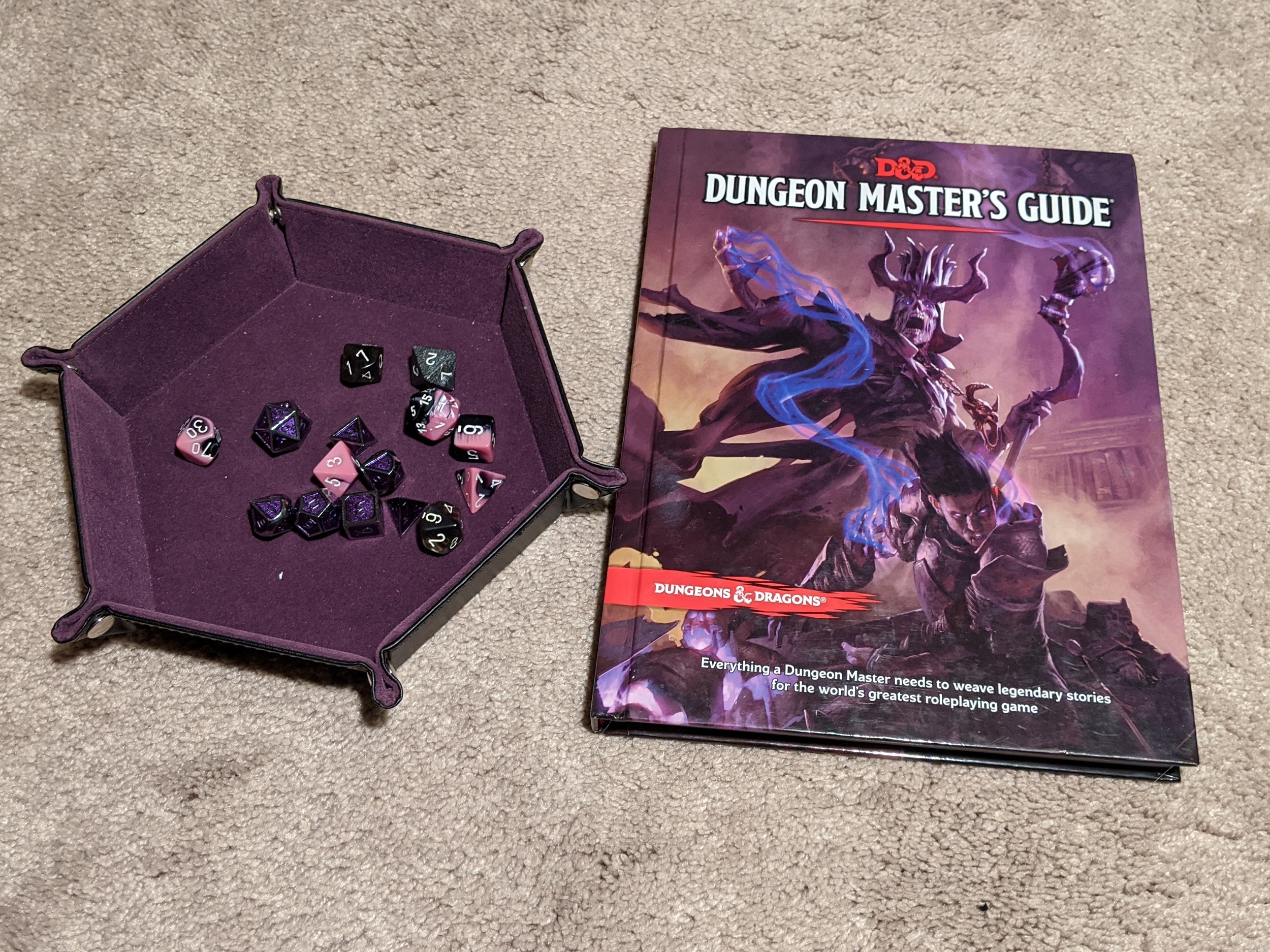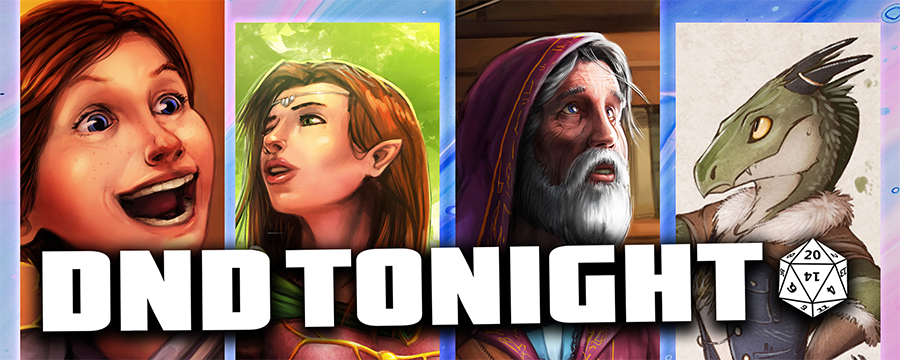
So you’re a new DM or maybe a gray beard like me who just want’s to look behind another DM’s screen to see how they do things so that you can steal those secrets to use in your game
-Manic laughter and thunderclaps resound through the air-
It’s cool, we all learn from each other in the search for the perfect game of D&D. I learned a great deal from listening to other people’s games and in playing under a few different dungeon masters.
But the thing that I found to take the most time and be the most useful was building a personalized list of quick notes for where things are in the DMG. I make a note of what it is I needed and include where it came from. This is a list of some of the things that I use before almost every encounter and the page numbers that I have them linked to for quick reference.
- Creating adventures table DMG82
Since I sometimes have to reference things in the other books for example the monster manual I reference the pages there with MM118, Players Handbook (PH). It’s helpful shorthand to have the book and the page where the information came from in once place. Below is what I copied into my notes.
| Number of Monsters | Multiplier |
| 1 | 1 |
| 2 | 1.5 |
| 3-6 | 2 |
| 7-10 | 2.5 |
I found notes like this great for building encounters for the party, but the “links” (page numbers and book) help a great deal if I need more information relating to my notes.
- Current party monter XP per encounter DMG 82
- XP of monster encounters per day DMG 84
- Experience table PH15
- Gold Rewards Table DMG137
- Common Store Items PHB 143
- Healing Potions DMG188
- Sample Traps DMG122
These are a few of my most frequently used things to keep in mind when building an encounter. Another one of the things I keep around for reference but doesn’t have a page number is the different types of damage.


I appreciate the work you put into helping everyone be the best they can be. The fun of DnD can be deceiving. As with anything else, it takes work and practice to improve.
I hope everyone is staying safe!
Dungeons and Dragons has actually been a very good learning tool for me. I’ve had to get much better at how I approach situations and try to understand multiple viewpoints for people who may have a different understanding of what is going on or what the “best” thing to do is. I’m glad that I am able to share some of that experience with you.